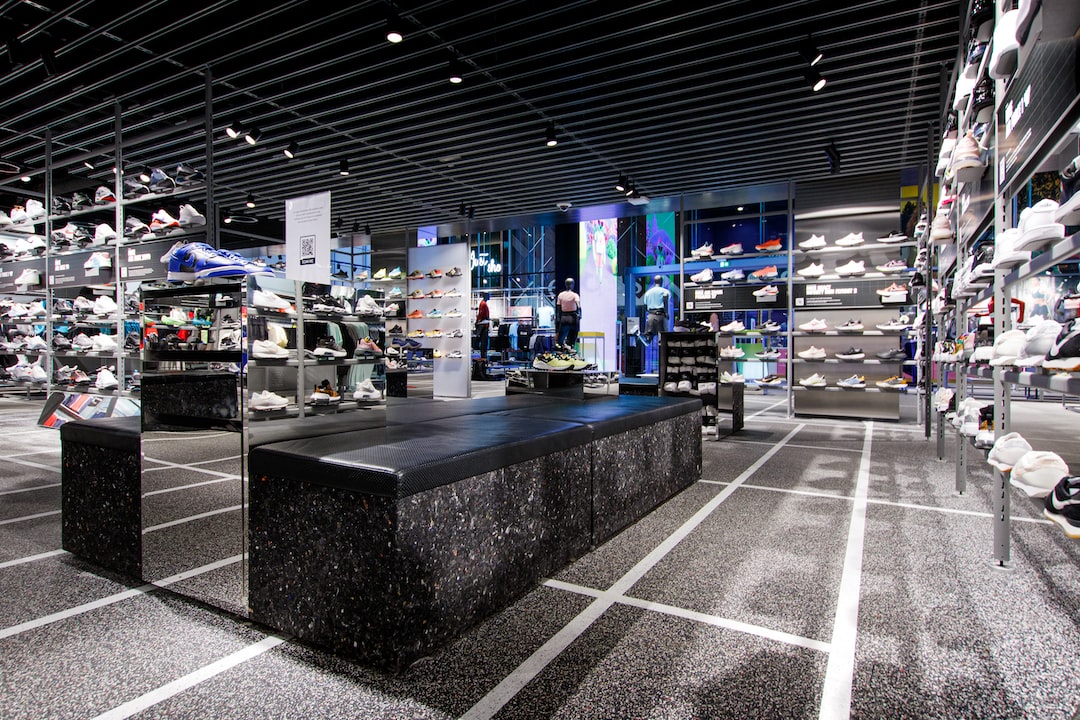The power of personalization in retail: How to tailor your offerings to customers
In today’s competitive marketplace, providing a personalized shopping experience has become essential for retailers. Gone are the days when a generic approach would suffice. Customers now expect retailers to understand their individual needs and preferences, and offer tailored products and services accordingly. This shift towards personalization has not only significantly impacted customer expectations but has also proven to be a game-changer for businesses. In this blog post, we will delve into the power of personalization in retail and explore some effective strategies to tailor your offerings to customers.
The first step towards personalization is to understand your customers. By gathering relevant data and insights, you can gain valuable information about their preferences, shopping patterns, and demographics. This information can be collected through various channels such as social media, online surveys, and in-store interactions. Analyzing this data will allow you to identify common trends and patterns, enabling you to develop a comprehensive customer profile.
With these customer profiles in hand, retailers can create personalized marketing campaigns that resonate with their customers. By targeting specific customer segments based on their preferences and behaviors, retailers can deliver tailored promotions and offers that are more likely to convert. For example, if a customer has made several purchases in the beauty category, it would be beneficial to send them personalized offers for skincare products or makeup. By personalizing marketing campaigns, retailers can increase customer engagement, conversion rates, and ultimately, their bottom line.
Another effective way to enhance personalization is through customizing the customer’s in-store experience. Retailers can leverage technology, such as beacons and RFID tags, to track customer movements within a store and provide real-time recommendations or offers based on their location. For instance, if a customer is browsing the shoe section, they could receive a notification about a limited-time offer on a specific brand or style. This not only helps customers find what they are looking for more easily but also creates a sense of exclusivity and personal attention.
Moreover, personalization can be taken a step further by tailoring the product assortment to individual customers. With advancements in technology and data analytics, retailers can leverage algorithms to recommend products that are likely to appeal to specific customers based on their previous purchases and browsing history. This not only enhances the customer’s shopping experience by offering them relevant choices but also increases the chances of upselling and cross-selling. By suggesting related or complementary products, retailers can increase the average order value and customer lifetime value.
However, it is important to strike a balance when implementing personalization strategies. While customization can greatly enhance the shopping experience, customers also value their privacy and may be concerned about the collection and use of their personal data. To address these concerns, retailers should make data privacy a top priority and ensure transparency in their data collection and usage practices. Providing clear opt-in/opt-out options and obtaining explicit consent from customers will not only build trust but also empower them with control over their personal information.
In conclusion, personalization has become a powerful tool for retailers to differentiate themselves in a crowded marketplace. By understanding their customers’ preferences, retailers can tailor their offerings to create personalized marketing campaigns, customize the in-store experience, and curate product assortments. However, it is crucial to strike a balance between personalization and privacy to maintain customer trust. By harnessing the power of personalization, retailers can not only meet customer expectations but also drive business growth and customer loyalty.

